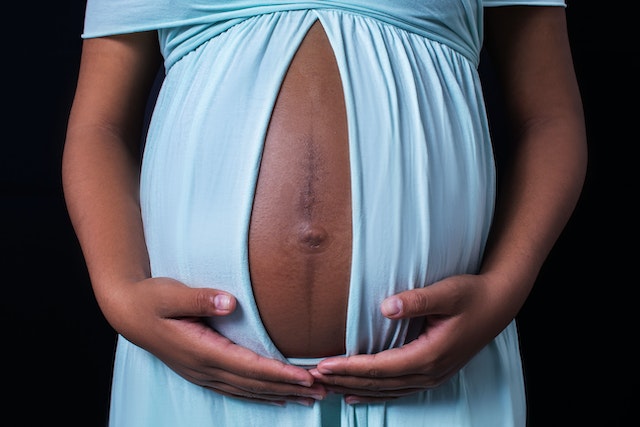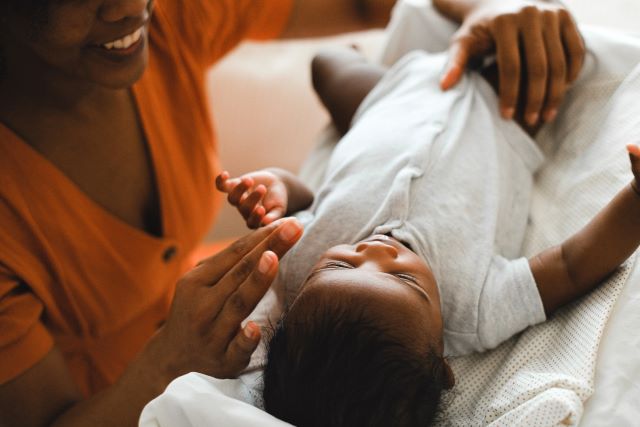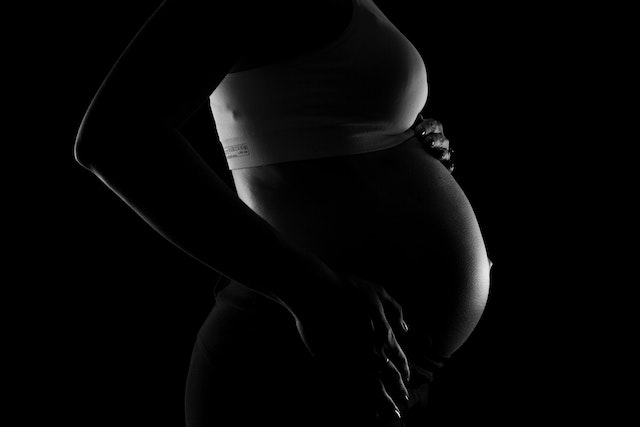Although Black Maternal Health Week 2023 has come to an end, the fight to ensure that Black women and their children have the opportunity to live still rages on.

According to the Centers for Disease Control and Prevention, Black women are three times more likely to die from pregnancy-related causes than their white counterparts. In a recent 2021 report from the agency, the data stated that the rates of Black women’s deaths rose from 55 to almost 70 deaths per 100,000 live births. The CDC noted that Black women gave birth less in that year, yet they still died at higher rates.
So, why are Black Women more at risk of dying than their counterparts?
Per the CDC, there are multiple factors that contribute the disparities. Some factors include: a variation in quality healthcare, underlying chronic conditions, structural racism, economic imbalances, and physical/economic health. These among a plethora of other reasons are why Black Maternal Health Week is so important.

“I think, unfortunately, we’ve all heard the statistics about Black and brown women dying and having higher complication rates during pregnancy and post-pregnancy, so this is really a week to kind of raise awareness about that,” Hosanna Asfaw-Means, Director of community health and social impact in Maryland for CareFirst Blue Cross Blue Shield said in a recent interview with wbaltv.com.
Even Asfaw-Means and her husband, who is a physician, have had first-hand experience with medical bias when they had their first child.
“…we dealt with implicit bias and racism during our first pregnancy, and we saw how that impacted the course of that pregnancy and the course of pregnancies after that,” Asfaw-Means said. “I think unfortunately there is a bond that a lot of Black women have (where) we all have some of these stories.”

Angela Doyinsola Aina, co-founder and executive director of the Black Mamas Matter Alliance, said in an interview with USA Today, confirming what statistics and everyone else has said, “People aren’t receiving the care that they deserve.”
She continued telling the popular news outlet that, “We still have a lot of work to do, especially systemically.”
According to the American Hospital Association, support should/and can start with hospitals and health care professionals by doing some of the following:
- Listening to Black women.
- Implementing and prioritizing postpartum education and supporting Black women during health care visits.
- Incorporating robust postpartum depression and anxiety screening during appointments.
- Partnering with Black Maternal Health Organizations.
As per the African proverb states, “it take a village to raise a child.” Let’s help to ensure that there are mothers and children to welcome to the family.







